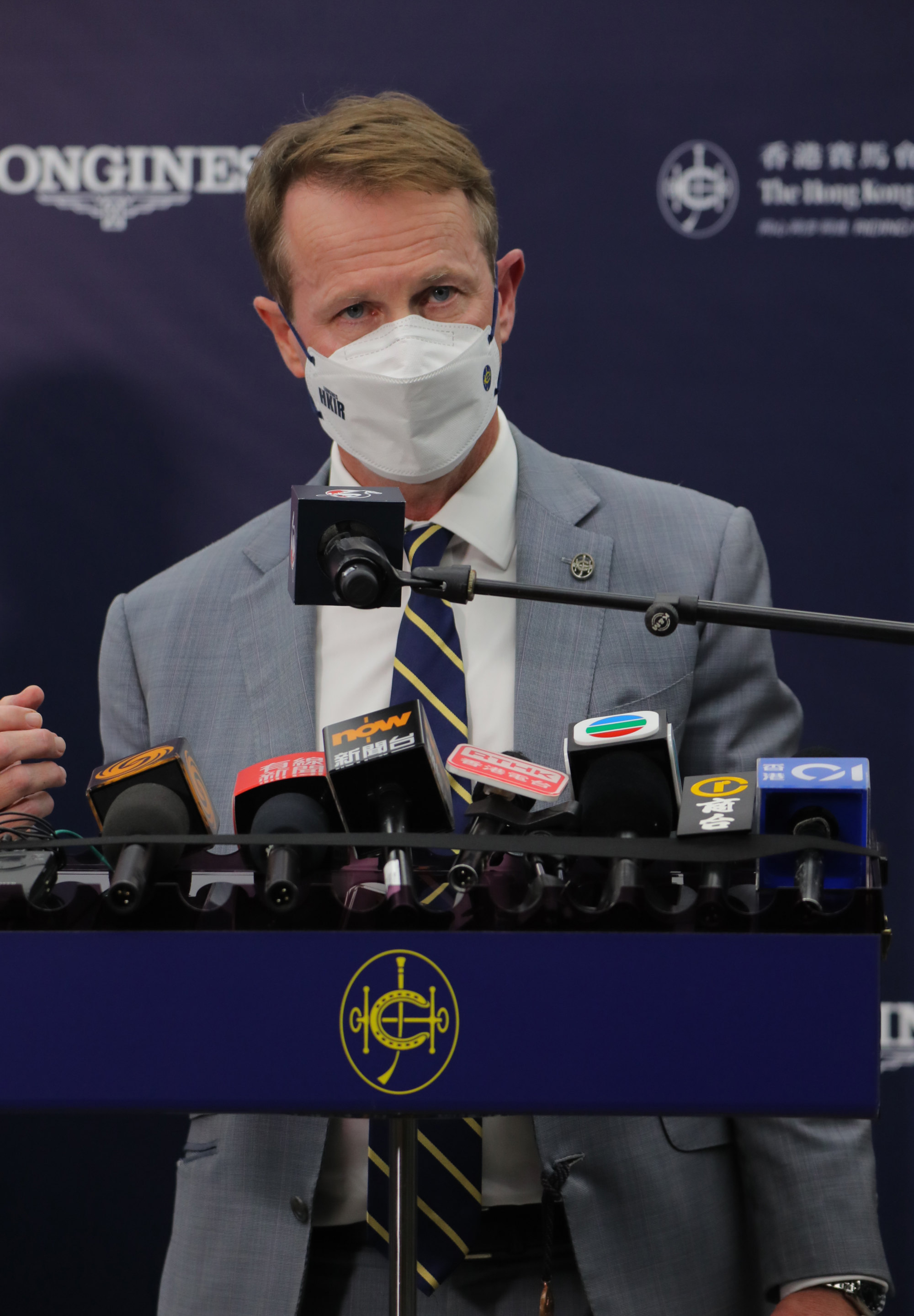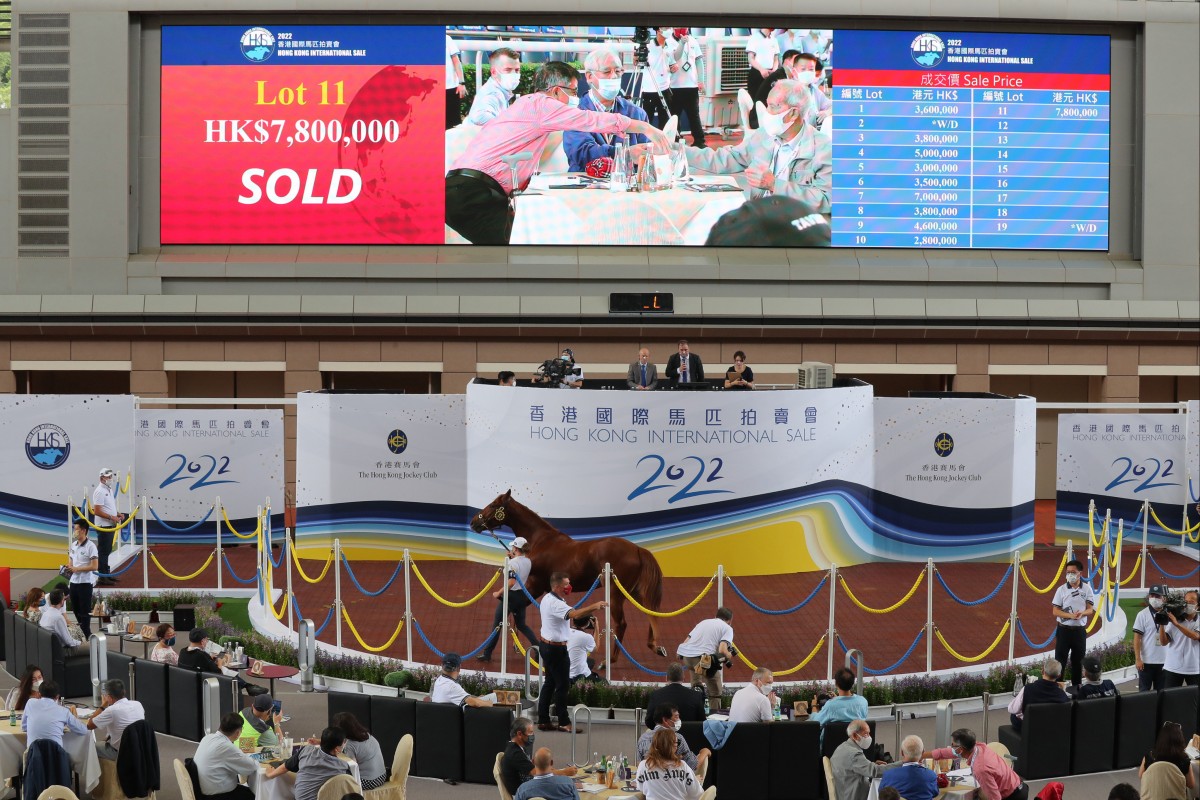The Jockey Club expects to see owners showing “greater enthusiasm” for purchasing horses following the Hong Kong government’s recent decision to do away with hotel quarantine.
After two and a half years of severely restricted movement because of the coronavirus pandemic, people can finally enter the city without having to isolate. Executive director of racing Andrew Harding confirmed a compromised ownership experience had impacted the willingness of people to part with their money for bloodstock.
“We did a survey and the overriding sentiment was the inability to travel – the inability of owners to travel and the inability of them to travel with trainers – was something that had held them back from buying horses,” Harding said.
“They want to travel with their trainers and to go overseas to source horses. It’s part of the ownership experience, and it hasn’t been available to them. Now that it will be, I think we’ll see a greater enthusiasm.”

Owners were also prevented from attending the races to watch their horses for an extended period last season, something that compounded the problem.
Field sizes have been of concern early in season 2022-23, with turnover down as a result. Jockey Club chief executive Winfried Engelbrecht-Bresges believes Hong Kong’s horse population, which sits at around 1,100, is about 80 short of where it needs to be.
While permit numbers have declined in recent years, 50 private purchase griffin permits have been brought forward from next season to alleviate the shortage, and Harding believes last week’s quarantine development will spark an uptick in buying.
Six-runner Celebration Cup concerns Ricky Yiu: ‘it’s not healthy’
“The removal of quarantine should have a significant positive effect. The fact now travel is much easier will have a real impact on their enthusiasm. It’s always been an important element. They’re passionate, and they’re fully engaged,” he said.
There is also the issue of quality. Veteran South African trainer Tony Millard declared last season that Hong Kong has been used as a “dumping ground” for inferior bloodstock during the Covid-19 pandemic.
With Hong Kong-based trainers, owners and bloodstock agents unable to travel freely to horse sales and view prospective purchases, Millard said “unscrupulous agents” were taking advantage of this.
The border opening should diminish these concerns, while the Jockey Club announced a raft of prize-money increases earlier this year in a bid to encourage owners to splash out on proven gallopers amid rising global bloodstock prices.





















